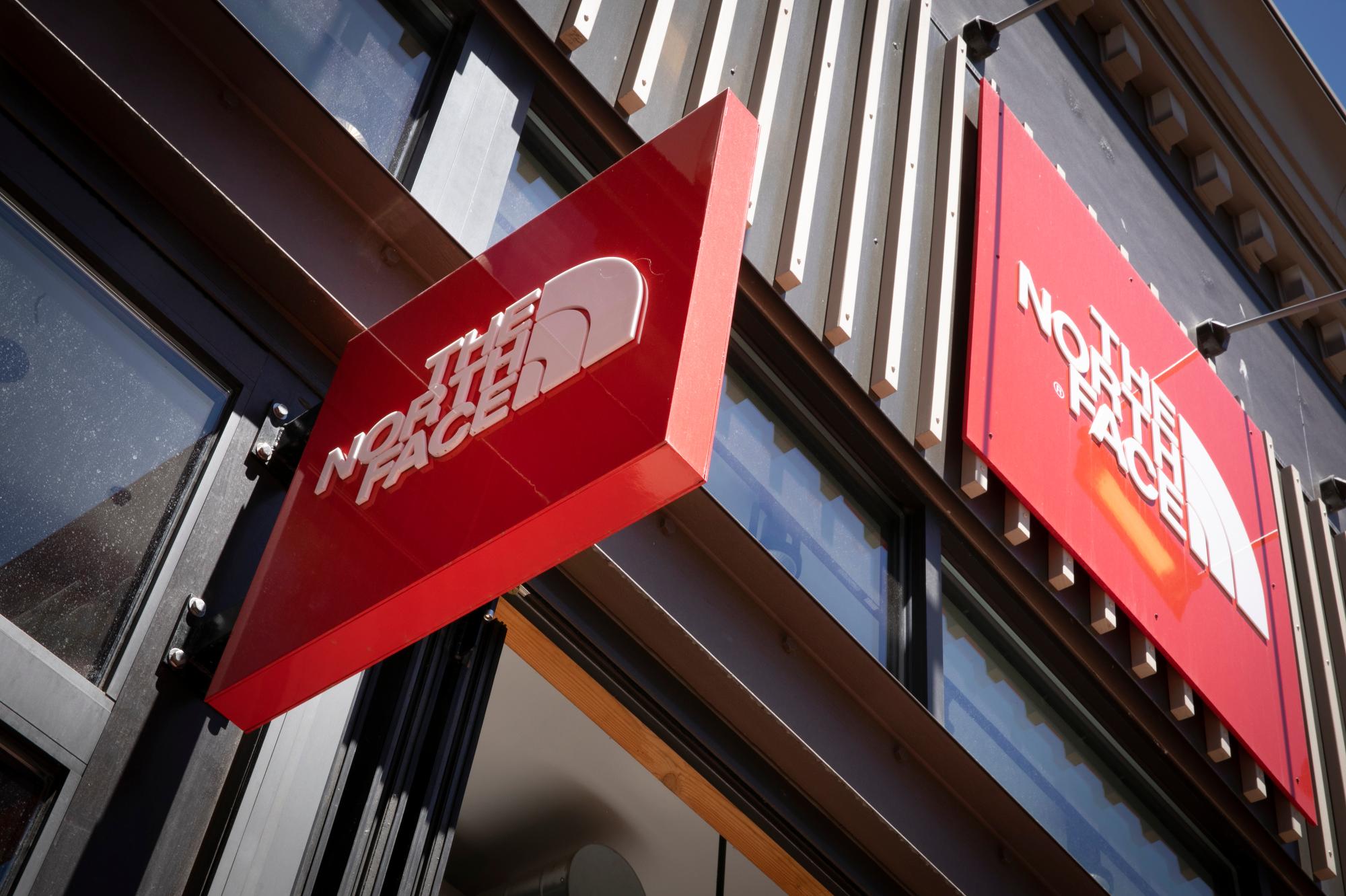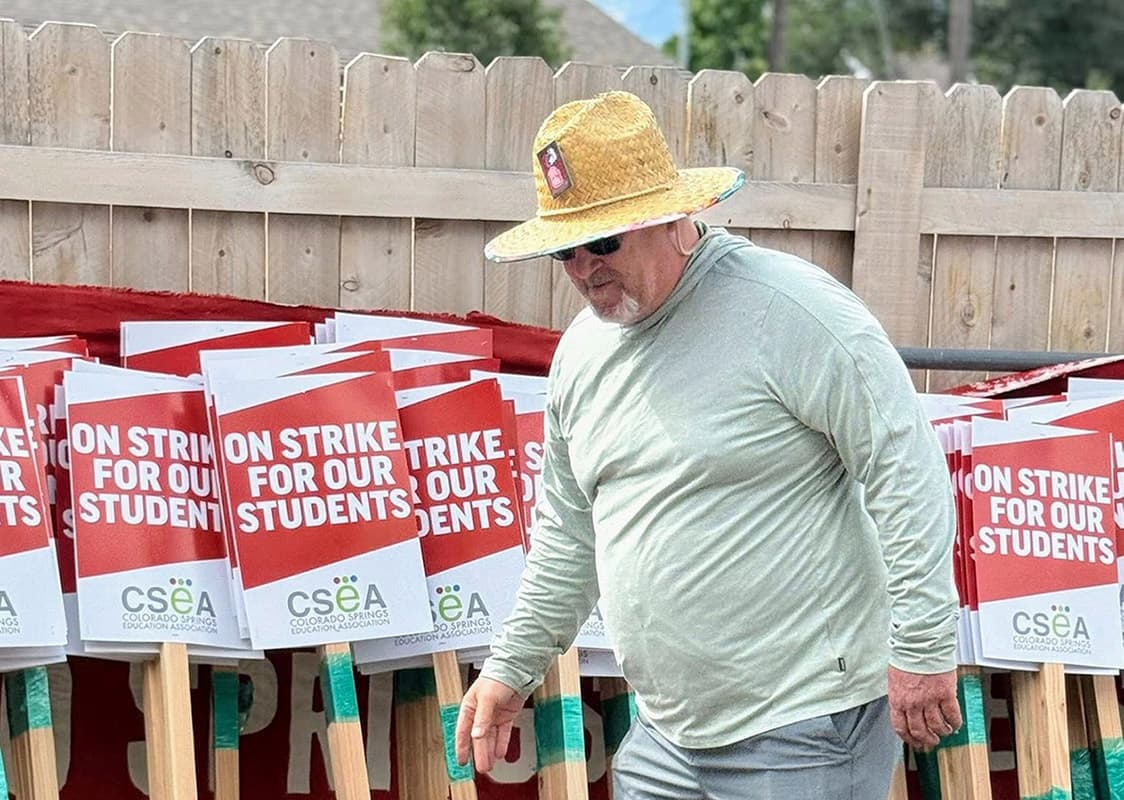
The apparel company best known for owning The North Face, Vans and Timberland, beat investor expectations in the last quarter, boosting the value of its shares on Wall Street.
Denver-based VF Corporation reported $1.76 billion in revenue for the three-month period that ended June 28 as demand for its products rose. Analysts were anticipating $1.7 billion.
VF Corp.’s stock price surged by double digits on Wednesday.
The news is a welcome turnaround from earlier this year when investors sold off VF’s shares largely due to concerns about the impact of President Donald Trump’s trade war. The company manufactures most of its products overseas.
VF’s shares plunged when President Trump first announced his import tax plan in April. Those tariffs were put on hold, and have since been significantly reduced. But tariffs are in still place, even if they’re not as high as first feared.
Company executives reduced the projected impact from tariffs during a conference call with investors Wednesday about VF’s Corp.’s recent financial results. Still, the tariff regime as it stands today could shave as much as $70 million off of its bottom line in the year ahead, CFO Paul Vogel said during the call.
The company started working to mitigate the impact of tariffs earlier this year by pulling forward orders to the U.S. Raising prices for shoppers is also on the table.
CEO Bracken Darrell said many of VF’s competitors will likely have to raise prices, too.
“This is a very unusual circumstance where the whole industry is affected kind of equally … whether its footwear or apparel, on the tariffs,” Darrell said during the call.
It’s too soon to say what impact the tariffs will have on consumers, he said.
“It's going to take a while for that just to play out .… There's a lot of discussion about why is the economy so good? Why [have] the tariffs not shown up? I think it's because the tariffs really haven't shown up in most people's costs yet. They're flowing through inventory or making their way into our cost and everybody else's,” he said.









